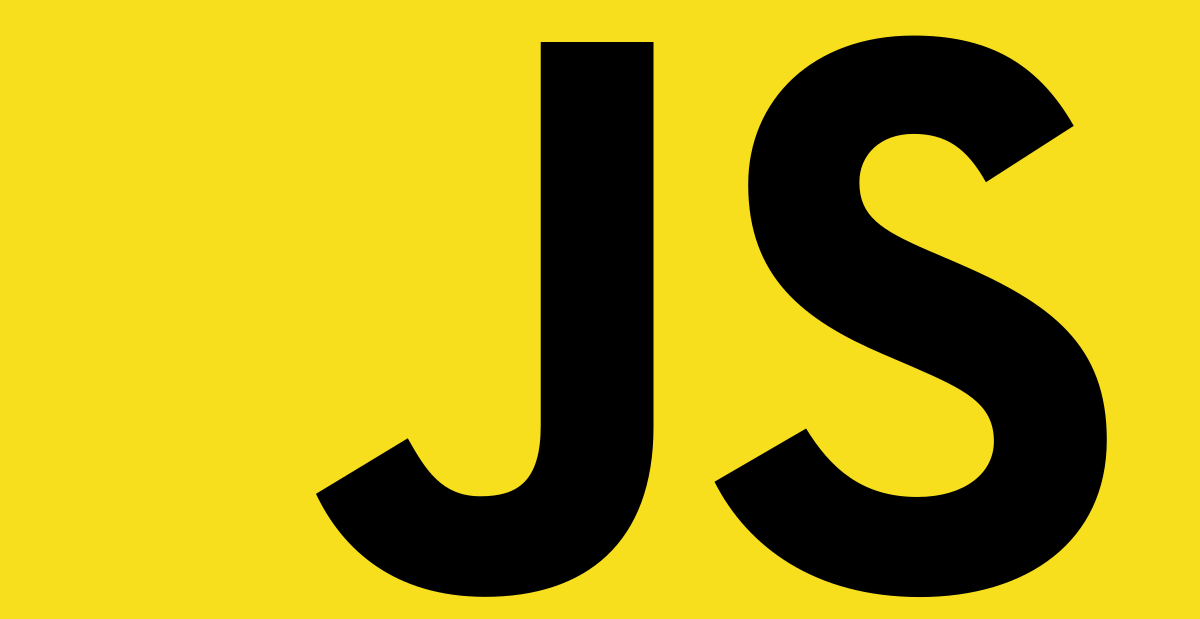
Javascript 함수
- Javascript 함수는 0개 이상의 입력 값을 받아서 가공한 뒤 1개 출력 값을 반환하는 객체이다. 따라서 객체와 마찬가지로 함수 내 접근이 가능하다.
- 선언문과 표현식 두가지 방법이 있다.
- 선언 또는 표현식을 구현한 뒤
함수명()과 같이 함수 내 로직을 실행할 수 있는데 이름함수 호출이라고 한다. - 변수를 선언하고 객체를 참조하는 것 같이 함수도 변수에
참조값으로 할당할 수 있다.호출과 다르게()를 넣게 되면 함수 실행 출력 값이 할당이 되므로 함수를 참조하기 위해선()는 생략해야 한다.
function declare(input) {
let output = input;
return output
}
/*함수 호출*/
declare('함수 선언')
// '함수 선언'const expression = function(input) {
let output = input;
return output;
}
/*함수 호출*/
expression('함수 표현')
// '함수 표현'function referFunc(input) {
let output = input;
return output
}
/***함수 참조***/
let variable = referFunc;
variable('referFunc 참조');
// 'referFunc 참조'함수 선언문과 표현식 차이
- Hoisting
function keyword를 통한 함수 선언문은 변수 선언 var keyword 와 마찬가지로 hoisting이 발생해 호출 순서의 영향을 받지 않지만 함수 표현식은 호출 순서의 영향을 받는다.
declare('함수 선언 hoisting')
function declare(input) {
let output = input;
return output
}
// '함수 선언 hoistiong'/*** Wrong way ***/
expression('can`t hoist') // '함수 표현'
const expression = function(input) {
let output = input;
return output;
}
// Uncaught ReferenceError: Cannot access 'expression' before initialization
/***Correct way***/
const expression = function(input) {
let output = input;
return output;
}
expression('Correct way!')
// 'Correct way!'위 코드는 const를 통해 표현식을 구현했지만 let으로 선언해도 비슷한 Uncaught ReferenceError: expression is not defined error를 받으면서 표현식이 할당되지 않는다.
그럼 함수 표현식을 let, const가 아닌 변수 선언 시 hoisting var로 선언하면 어떻게 될까?
expression('Var keyword expression!')
var expression = function(input) {
let output = input;
return output;
}
// Uncaught TypeError: expression is not a function변수 선언을 할때 hoisting이 발생하는 var keyword를 통해 함수 표현식을 구현해도 똑같이 function이 아니라는 error가 발생했다. var로 함수 표현식을 구현해도 역시 hoisting은 발생하지 않는다.
함수 표현식 장점
-
Closure
함수를 실행하기 전에 해당 함수에 인자를 넘기기 위해 사용할 수 있다. -
Callback arguments
arguments로서 다른 함수의 인자 값으로 넘길 수 있다.
Reference
https://joshua1988.github.io/web-development/javascript/function-expressions-vs-declarations/
https://www.sitepoint.com/function-expressions-vs-declarations/
